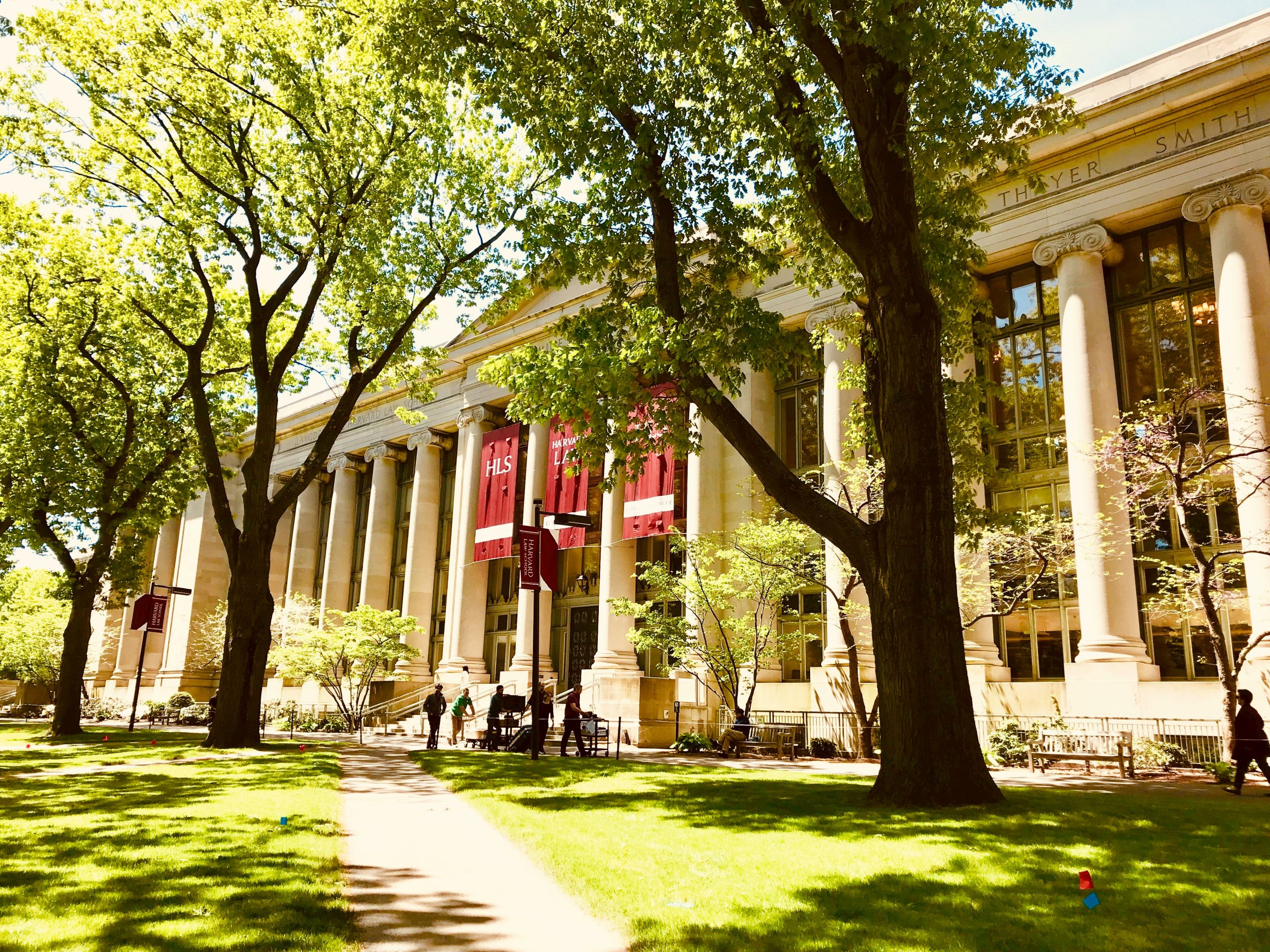
The college admissions process is a critical phase in a student’s academic career, fraught with myths that can lead to misguided decisions. Understanding the facts is essential in making informed choices about your future.
This article will guide you toward a more successful and less stressful application experience by debunking common myths about college admissions.
Myth 1: Perfect grades are needed to get accepted into a good college.
Colleges value more than just grades. Essays reveal your personality and life story, while recommendations show your character and how you contribute to your community. Activities outside of school highlight leadership and interests. Colleges seek students who bring more to their campus than just high grades.
Myth 2: Activities outside school are more important than grades.
Academics and extracurricular activities both matter. Your school performance shows you’re ready for college-level work, and your activities show how you engage with the world. Balance is key; both academics and interests play a role in admissions.
Myth 3: Standardized tests are the top priority.
The importance of test scores is decreasing. With many colleges now test-optional, they look at your entire application, including your academic record, essays, and extracurriculars. This holistic review means one test score doesn’t define your potential.
Myth 4: Elite colleges guarantee success.
Success comes from effort and making the most of the opportunities, not just attending a prestigious college. Many successful people come from a variety of schools. What you do during and after college matters more than the college name.
Myth 5: A bad essay means rejection.
While important, the essay is just one part of your application. Strengths in other areas can balance out a weaker essay. Admissions officers look for a mix of qualities in applicants, including growth potential and how they might contribute to the college community.
Myth 6: Recommendations aren’t as important as GPA and test scores.
Many believe that GPA and test scores are all that matter. However strong, personal recommendations are crucial. They give colleges a glimpse of who you are beyond numbers.
A good recommendation can show your personality, dedication, and how you contribute to your community. Colleges value this insight, as it helps them see your potential to thrive in their environment.
Myth 7: You need to pick your major before applying.
Some students worry they must choose a major before applying to college. This isn’t true. Many students start college undecided, and that’s okay. Colleges allow you to explore different subjects before making a decision. This flexibility helps you find your true interests without feeling rushed.
Myth 8: International students have a harder time getting accepted.
There’s a myth that international students face tougher admissions. While there are challenges, such as language differences and adjusting to a new education system, colleges seek diverse student bodies.
Myth 9: More expensive colleges provide a better education.
It’s a common misconception that higher tuition equals better education. In reality, education quality depends on factors like faculty expertise, resources, and opportunities for hands-on learning, not just cost.
Myth 10: Community college credits won’t transfer to a four-year university.
Some believe that credits from community colleges won’t transfer to four-year universities, but this isn’t always the case. Many community colleges have agreements with universities, ensuring that many credits transfer. This path can save time and money, making it a smart option for many students.
Myth 11: Early decision applications significantly boost your chances.
Applying early decision (ED) shows a college that it’s your top choice but doesn’t guarantee admission. ED is binding—if accepted, you’re committed to attending. This path is best only if you’re certain about the college and have considered the financial aspects.
Myth 12: Colleges prefer applicants from certain high schools.
Some believe colleges favor students from prestigious high schools. In truth, colleges seek diversity, evaluating achievements relative to each student’s environment.
Myth 13: You must be well-rounded to be accepted.
The notion that colleges prioritize students with a diverse array of activities is deceptive. Depth in a particular area frequently carries more weight than breadth.
Colleges seek passion and excellence in specific domains, valuing the distinctive attributes of each student. Concentrating on your passions and areas of proficiency holds greater significance than presenting an extensive roster of varied interests.
Myth 14: Admissions officers don’t read every application.
Despite large numbers of applicants, admissions officers review each application thoroughly. The process ensures that all candidates are fairly considered based on their application, not just grades or test scores.
With multiple reviewers per application, the admissions process is designed to identify students who will contribute meaningfully to the college community.
Myth 15: Legacy connections are essential for Ivy League admissions.
Legacy status can play a significant factor in being accepted, but doesn’t guarantee entry into Ivy League schools. Being a legacy is just one of many factors considered.
Myth 16: Gap years hurt your chances of admission.
Contrary to this myth, many colleges value the maturity and experiences gained during a gap year. A well-spent gap year can enhance your application by showing personal growth and new skills.
Myth 17: College admissions decisions are always final.
While most admissions decisions are final, some colleges may consider appeals under specific circumstances, such as new information not previously included in the application or clerical errors. However, appeals success is rare.